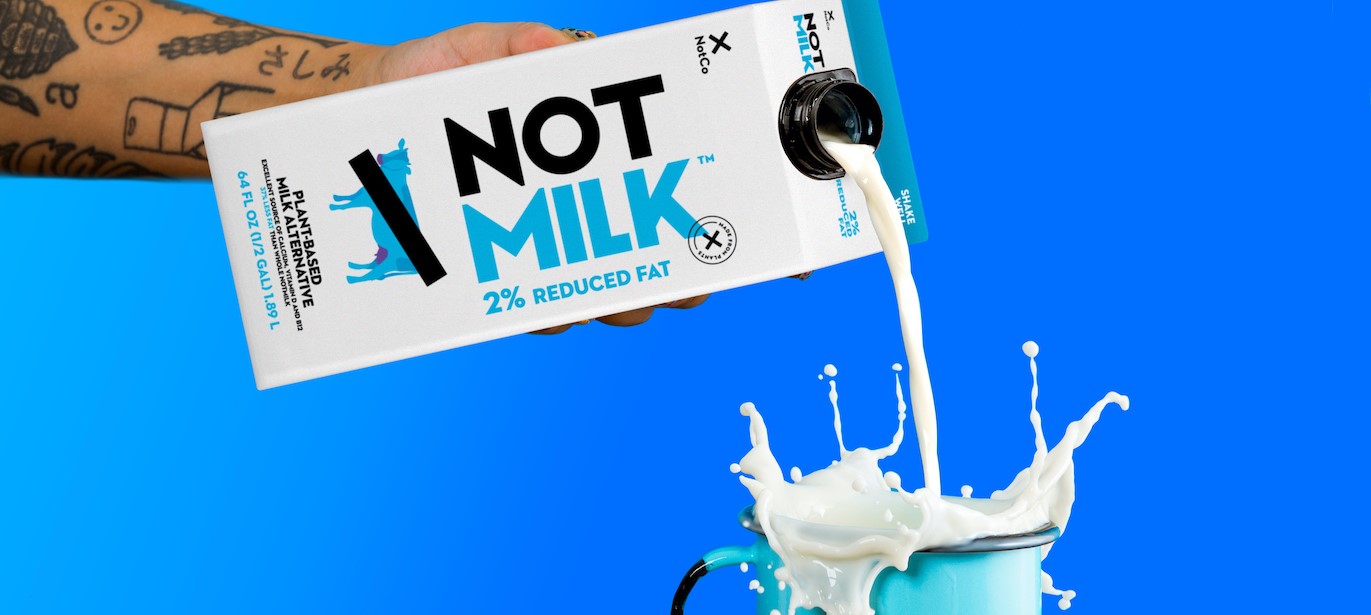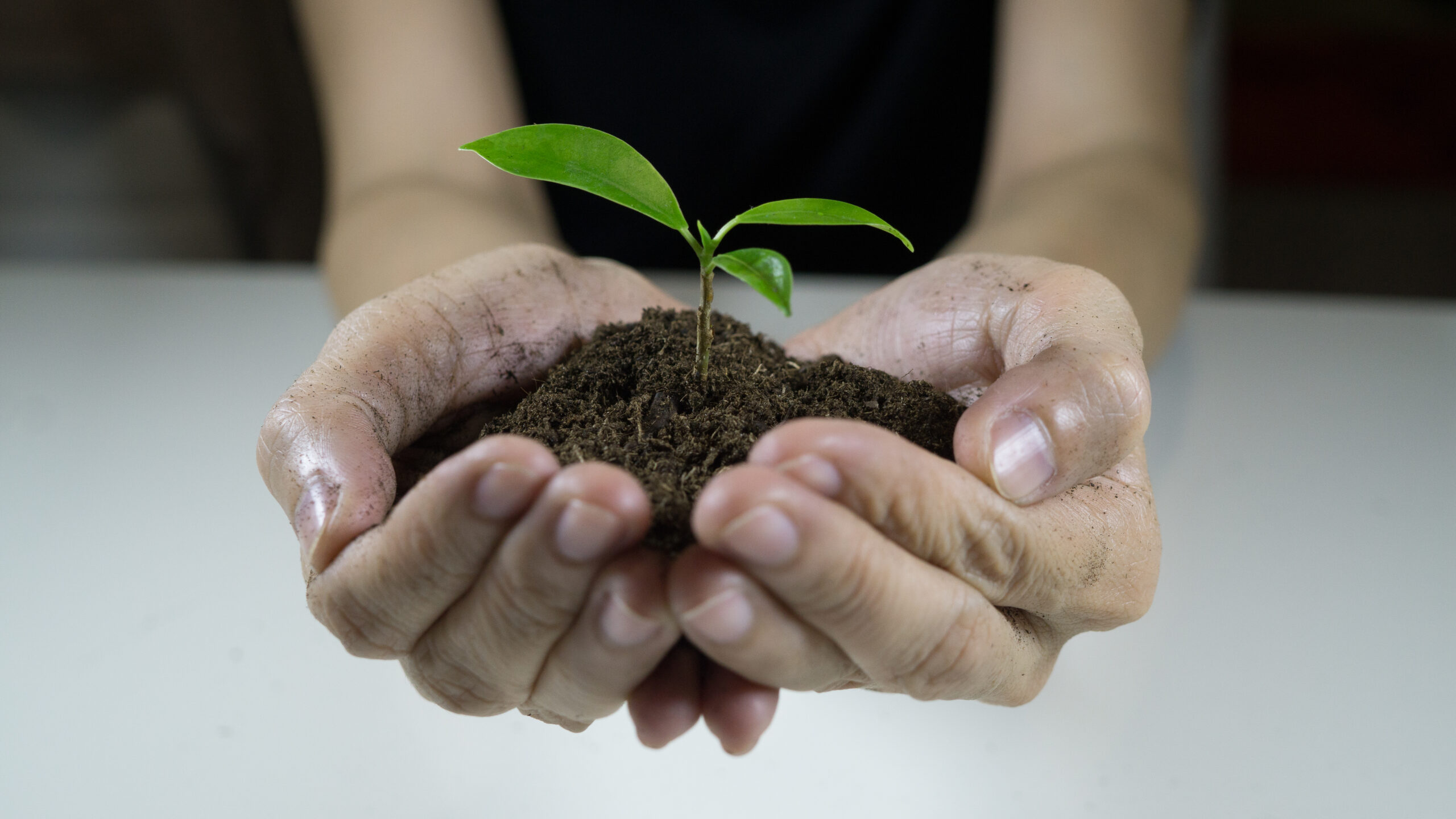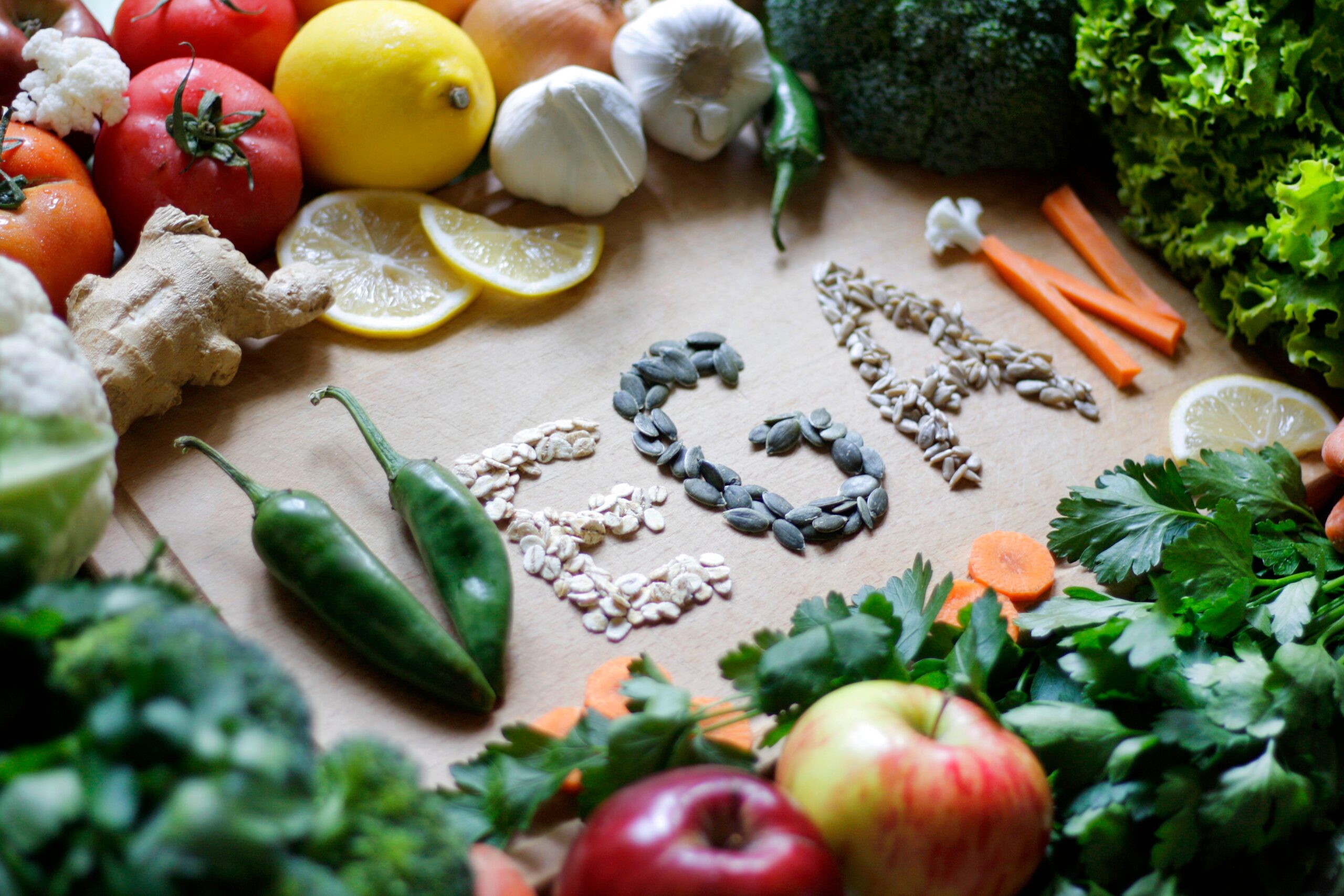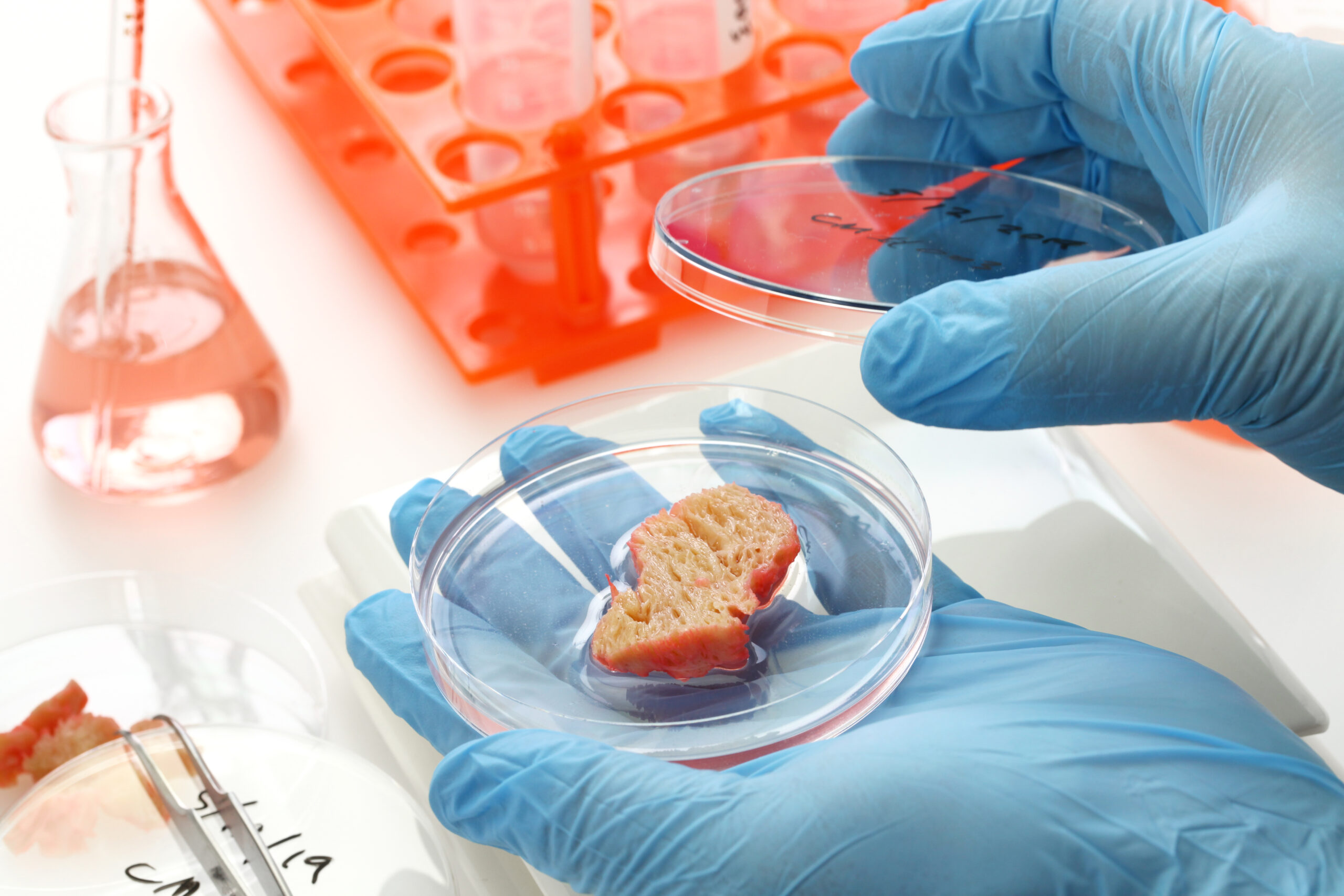California-based food tech start-up, MeliBio, plan to hit the market with an animal-free honey product next year. They are part of the brand portfolio of Big Idea Ventures and have lined-up 15 food and beverage companies that are committed to using the lab-produced honey.
The company will use microbial fermentation technology to produce honey that resembles the taste, texture and viscosity of bee-made honey. The product will be made by replicating the technique used to create bee honey.
Xtalks spoke with the co-founder of MeliBio, Darko Mandich, a honey industry expert who worked in the European honey industry for eight years, about some of the issues caused by honey production and the impact it has on honeybee’s biodiversity.

“MeliBio is bringing the true story of the bees to the people because they are very important to us. There are 20,000 bee species other than honeybees, and they will never go extinct as long as we have beekeepers that keep the honeybees to multiply. The problem is with wild and native bee species that are dying, and they are dying because of huge pressures from the honey production industry and honeybees,” said Mandich.
There are 50,000 bees per beehive, and keeping these honeybees alive means allowing them to take over other habitats that affect native bees and, ultimately, causing them to die.
Native bees are important in pollinating native plants. Many plants cannot be pollinated by new and introduced bees; they can only pollinate by native bees in a process called, “buzz pollination.” Native bees pollinate plants such as cherries, blueberries and cranberries.
Honey has been a popular product consumed by humans for thousands* of years. “MeliBio is producing real honey without the bees so that we make a positive impact on biodiversity and remove pressures on wild and native species,” said Mandich.
The company uses synthetic biology to reproduce the compounds found in honey. This includes the variations based on the flowers that the bees typically come into contact with that add to the flavor of the honey.
“Talking to a lot of B2B companies, we realized that all of them would love to have more honey in their products, but they are stopped from doing that because the prices are high. We realized that if we employ science to make honey at a lower scale, that honey would be more affordable and widely accessible,” said Mandich.
Even though the company is in its early stages of development, the start-up plans to focus on other businesses too, from food products to personal care, such as honey-infused soap and shampoo.
When asked about the technology used to create the honey, Mandich told Xtalks that he could not disclose such information due to the stage of development that MeliBio is in. Nevertheless, he said that MeliBio has built proprietary technology that enables them to use the latest advancements in synthetic biology, bio-fermentation and plant science to produce honey without the bees.
Honey* contains up to 300 compounds and they are looking for the best approach to producing every compound and successfully putting them together, said Mandich.
“We are really happy to be one of the latest players in the bio-fermentation space because we believe that this space would allow us, at scale, to produce our favorite animal products just without the use of the animal,” said Mandich.
US honey production totaled 157 million pounds in 2019, which increased two percent from 2018. The USDA reported that there were 2.81 million bee colonies producing honey in 2019 which is one percent less than in 2018. The recent period of growth in honey production is relatively recent; in 2016, honey production decreased by 14 percent, and in 2015, it went down 12 percent. More simply put, honey production has been cut in half over the last 20 years. This is because of the changes in weather conditions and colony collapse disorder which has affected the health of beehives, with some areas having seen losses up to 90 percent.
Just as lab-grown meat companies have discovered, when entering the market with honey produced outside the hive, there’s bound to be some regulatory red tape. Mandich said, “We have advisors that are experienced with FDA regulations. We understand the regulations, and we are looking forward to regulatory conversations* as our R&D process advances. We believe that, together, [using] future technologies, we can make a positive change to all industries and the planet.
“It’s beyond the wild and native bees. It’s about our survival on this planet,” said Mandich.
*Editor’s Note: Changes were made to update statistics and quotes in this article.











Join or login to leave a comment
JOIN LOGIN